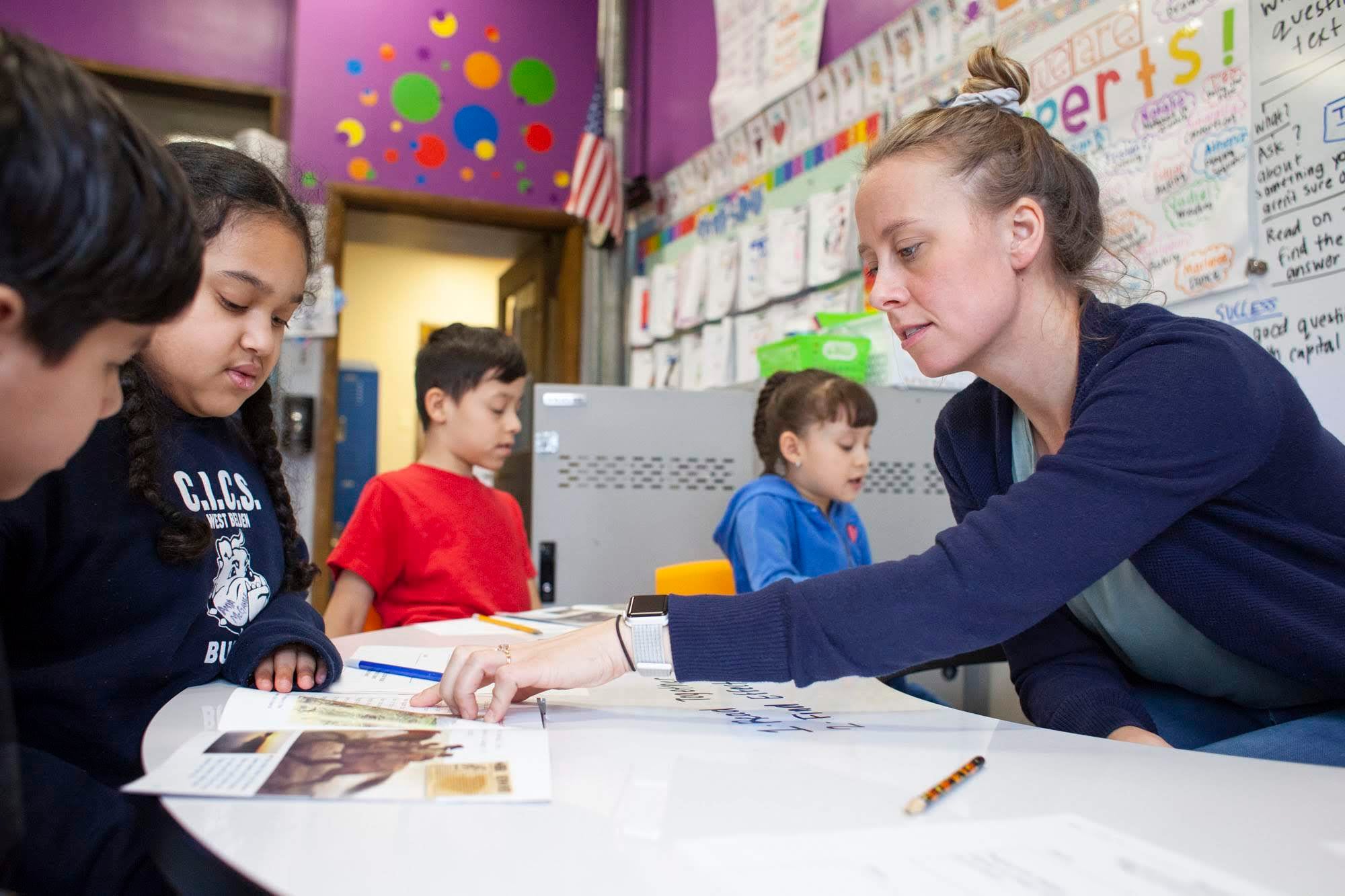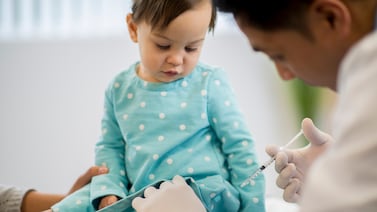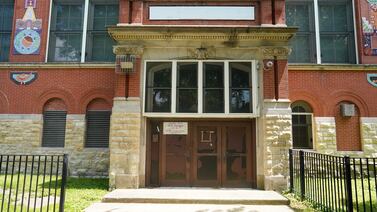Illinois’ top educator, Carmen Ayala, wants $475 million more next school year to hire truancy officers, cover additional transportation and early childhood costs, and put more money in the state’s school funding formula.
The state school board on Wednesday approved her recommendation, which would bring the total Illinois education budget to $9.7 billion. The request now goes to the governor, before heading to the general assembly for the final approval.
Robert Wolfe, financial officer for the state board of education, told the state school board Wednesday that the proposal includes an increase of $350 million into the evidence funding formula. If passed, this would be the third year that the state puts in the agreed-upon minimum but nothing more, even as advocates and superintendents push for a greater contribution to plug gaps for districts serving low-income students.
Education advocates raised alarms about this issue when Gov. J.B. Pritzker announced the 2022 education budget. They argued that without more state funding going into the formula to keep up with the cost of inflation, school districts will see a cut that could impact permanent funding for staffing and long-term programs. Even though the state now has over $7 billion in COVID relief funding from the federal government, those funds will dry up by 2024.
While the state’s funding formula won’t see a major increase, there would be a significant investment in transportation and special education if the budget boost is approved. Under the proposal, the state would increase the general education transportation budget to $305 million and transportation for students with disabilities would increase to over $415 million.
Wolfe said during the board meeting that it was hard to predict the cost of transportation next school year because of the bus driver shortage, inflation, and rising fuel prices.
“What we put into place is an appropriation level based upon our best projection,” Wolfe said.
Ayala’s recommendations include $54.4 million more for early childhood education, increasing the state education department’s contribution from $543 million to $598 million, with 37% going to Chicago Public Schools. The bulk of Illinois’ spending on children under 5 flows through other state agencies.
Agricultural education would receive an increase of $2 million in 2023 for a total funding recommendation of $7 million.
The budget recommendation includes a line item for an additional $12 million that would go to state Regional Education Offices to hire at least four more truancy officers each who can address truancy and chronic absenteeism. Chronic absenteeism increased from 16.5% in 2019 to 21.2% in 2021 during the 2020-2021 school year.
In Illinois, students who are chronically absent have missed 18-20 days of the school year whether they have an excused or unexcused absence, while students who are truant are absent without a valid reason.
Pritzker is expected to give his budget address on Feb. 2, 2022.








